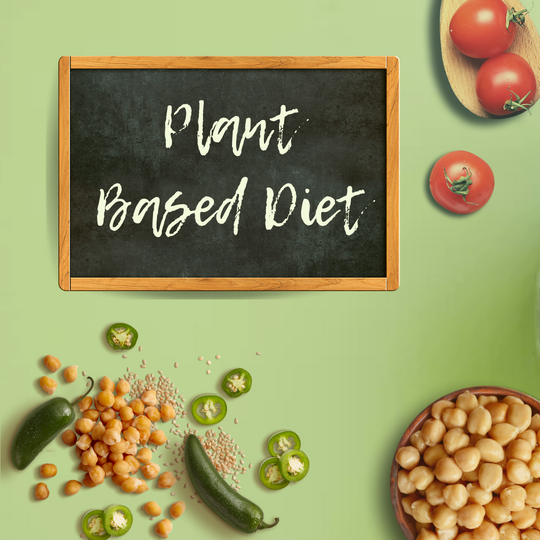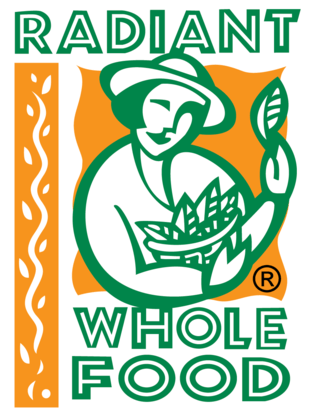
Nov 01 , 2020
Plant-Based Diet - what does it mean?
A plant-based diet?
Moving on to a plant-based diet is a great way to start to improve your health, boost energy levels, and even prevent chronic diseases!

Some of the many benefits
- Plants are high in fiber: Fiber can lower cholesterol and stabilize blood sugar and it’s great for good bowel management. By Improving your gut health, you are better able to absorb the nutrients from food that support your immune system and reduce inflammation.
- Easy weight management: People who eat a plant-based diet tend to be leaner than those who don’t, and the diet makes it easy to lose weight and keep it off—without counting calories.
- Disease prevention: Whole-food, plant-based eating can prevent, halt, or even reverse chronic diseases, including heart disease, type 2 diabetes.
- A lighter environmental footprint: A plant-based diet places much less stress on the environment.
Following a simple basic principle of keeping to :
- Whole food - natural foods that are not heavily processed. That means whole, unrefined, or minimally refined ingredients.
- Plant-based - food that comes from plants and doesn’t include animal ingredients such as meat, milk, eggs, or honey.
- Limits or avoids animal products.
- Focuses on plants, including vegetables, fruits, whole grains, legumes, seeds and nuts, which should make up the majority of what you eat.
- Excludes refined foods, like added sugars, white flour and processed oils.
- Pays special attention to food quality, locally sourced, organic food whenever possible.
People who follow vegan diets abstain from consuming any animal products, including dairy, meat, poultry, seafood, eggs and honey. Vegetarians exclude all meat and poultry from their diets, but some vegetarians eat eggs, seafood or dairy.
Shopping list overview for a plant-based diet:
Basic to include- Fruits: any type of fruit including apples, bananas, grapes, strawberries, citrus fruits, etc.
- Vegetables: plenty of veggies including peppers, corn, avocados, lettuce, spinach, kale, peas, collards, etc.
- Tubers: root vegetables like potatoes, carrots, parsnips, sweet potatoes, beets, butternut squash etc.
- Whole grains: grains, cereals, and other starches in their whole form, such as quinoa, brown rice, millet, whole wheat, oats, barley, etc. Even popcorn is a whole grain.
- Legumes: Peas, chickpeas, lentils, peanuts, black beans, beans of any kind, plus lentils, pulses, and similar ingredients.
- Healthy fats: Avocados, olive oil, coconut oil, unsweetened coconut, etc.
- Spices, herbs and seasonings: Basil, rosemary, turmeric, curry, black pepper, salt, etc.
- Beverages: Coffee, tea, sparkling water, etc.
- Condiments: Salsa, mustard, nutritional yeast, soy sauce, vinegar, lemon juice, etc.
In moderation (as it is calorie dense and might contribute to weight gain)
- Seeds, nuts and nut butters: Almonds, cashews, macadamia nuts, pumpkin seeds, sunflower seeds, natural peanut butter, tahini, etc.
- whole-grain flour and breads
- Plant-based protein: Tofu, tempeh, plant-based protein sources or powders with no added sugar or artificial ingredients.
- Unsweetened plant-based milks: Coconut milk, almond milk, cashew milk, etc.
A whole-foods, plant-based diet is a way of eating that celebrates plant foods and cuts out unhealthy items like added sugars and refined grains. Adopting this way of eating is sure to boost your health!
Looking for ideas and recipes? Check out below!
Partial content sourced and quoted from
Whole-Foods, Plant-Based Diet: A Detailed Beginner's Guide www.healthline.com

















